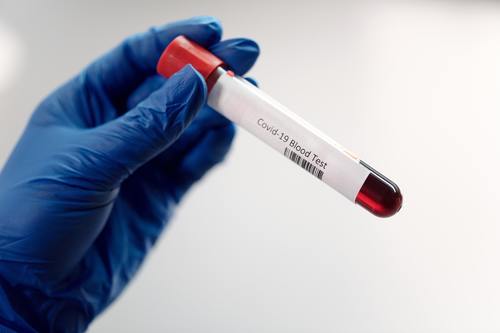
Hematology Analyzers Advance Human Rights
Advancing hematology technologies allow doctors to effectively evaluate an individual’s health with the help of automated blood analysis during a health screening. As the debate about medical bias based upon privilege sparks studies on medical treatment per demographic, hematology analysis offers a transparent model for consistent health evaluation based solely on medical assessment and results. Let’s explore how hematology analysis supports human and medical rights by leveraging technology to produce critical information about each patient’s health.

Doctors usually turn to hematology analyzers as the first method for evaluating health status. With emerging technologies, technicians facilitate blood analysis to precisely determine health abnormalities or challenges. It’s essential to understand the role technology plays in improving human rights and protecting a patient’s physical outcomes during the healthcare experience. Protection in the healthcare environment is critical, and hematology technology may offer the key to improving patient medical and human rights.
Crucial reflections on the role of hematology analyzers in improving human rights include how medical professionals diagnose patients and the role of hematology analysis in the evaluation process. Humans bring to the medical profession ideas formed through generational inheritance or group consensus. These ideas guide a medical professional in practice. For marginalized communities, the global pandemic highlighted the healthcare divide. Specific socio-economic groups experienced less favorable medical outcomes in a healthcare setting, according to studies.
However, the hematology analysis process is succinct, considering only the condition of blood in evaluating a patient’s health condition. While using hematology analyzers in a laboratory, a technician may receive data from the analyzer about abnormalities in the blood, immune system deficiencies, or healthy blood test results. By analyzing a patient’s sample, the hematology analyzer may automatically identify infections, viruses, parasites, allergies, anemia, bacteria, or issues with blood clotting.
As hematology analyzing technology advances, it offers a vital role in advancing human rights for patients globally. In the inevitable intersection between human rights and medical technology, hematology analysis is a neutral process for practical blood evaluation resulting in more positive health outcomes. As an essential part of improving medical outcomes for all, the hematology analysis process is vital for protecting human rights for all in a medical setting.
